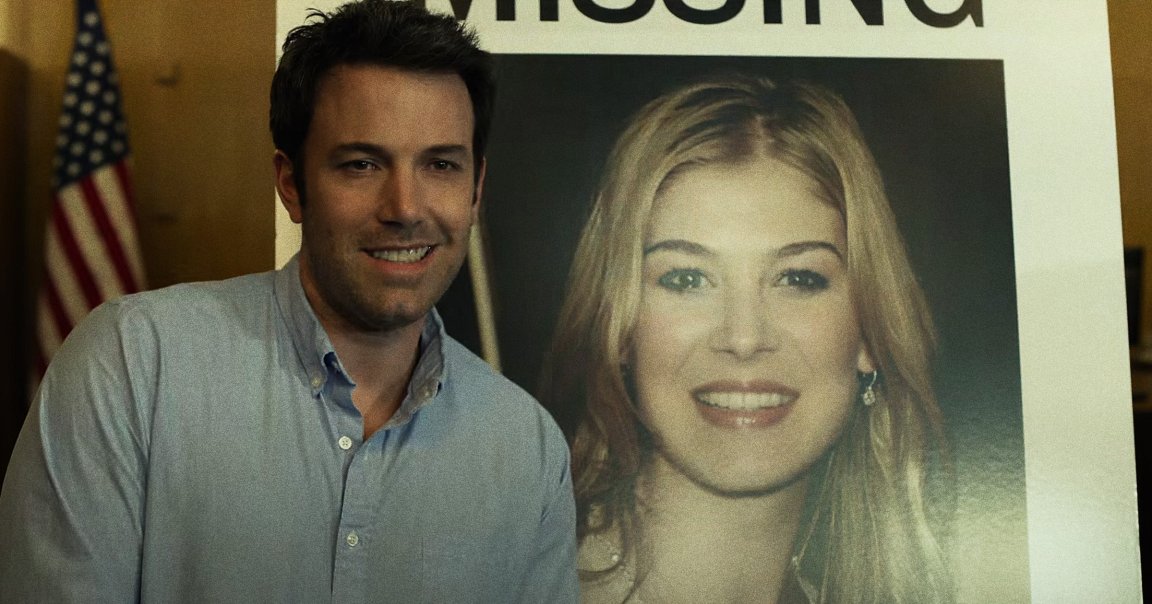
Ever meet a couple and immediately get the sense that they have some serious issues in common? According to a new study looking at generations of couples and their respective psychiatric issues from around the world, you might be onto something.
In a wide-ranging new study for the journal Nature Human Behavior looking at data from nearly 15 million people, researchers from institutions in the Denmark, Taiwan, and the United States found that both members of couples in those disparate cultures often share mental health diagnoses — and that it’s been that way for more than half a century.
Building on a 2016 paper in the journal JAMA Psychiatry that looked solely at Swedish databases, a consortium of researchers hailing from Oklahoma’s Laureate Institute for Brain Research, Denmark’s Institute of Biological Psychiatry, and Taiwan’s National Health Research Institutes, used national registries in those three countries to investigate how many couples share psychiatric diagnoses.
The psychiatric and population experts behind this newer study focused on nine mental health disorders: anorexia nervosa, anxiety, attention-deficit hyperactivity disorder (ADHD), autism, bipolar disorder, depression, obsessive-compulsive disorder (OCD), schizophrenia, and substance-use disorder.
Separating the data into 10-year-long generational cohorts between the 1930s to the 1990s, the researchers found a slight uptick in couples sharing diagnoses — a phenomenon known in science-speak as “spousal correlations” — with each passing decade, especially for those with substance use disorder. (It’s not hard to see why: recreational drug use and its dark flip-sides, abuse and addiction, exploded during the 1960s.)
The also found that when one partner was diagnosed with any of the nine disorders studied, the other was very likely to be diagnosed with one as well — and likely the same diagnosis. There were, naturally, a few caveats: Taiwanese married couples were more likely to share OCD diagnoses than their Nordic counterparts, for example, and neither bipolar disorder nor anorexia were exhibited in couples across all cultures either.
“The main result is that the pattern holds across countries, across cultures, and, of course, generations,” explained paper author and geneticist Chun Chieh Fan of Oklahoma’s Laureate Institute for Brain Research in an interview with Nature magazine. The trend has remained consistent even with massive changes in psychiatric care over the past half-century, the researcher added.
Though this paper didn’t dig into why people with similar mental health problems tend to sniff each other out, Fan offered up a few theories.
“Perhaps they better understand each other due to shared suffering,” he told Nature, “so they attract each other.”
The geneticist also suggested that coming from similar environments may make people more alike, and more likely to find each other — and, tragically, that mental health stigma may make people who suffer from similar psychiatric disorders feel their dating prospects are limited.
Whatever the cause behind these wild findings, it’s fascinating that so many couples from so such disparate cultures and generations seem to share mental illnesses — and in a certain light, it’s almost romantic to consider that your spouse may be just as crazy as you are.
More on relationship psychology: Scientists Identify Ideal Amount of Boinking for Maximum Mental Health